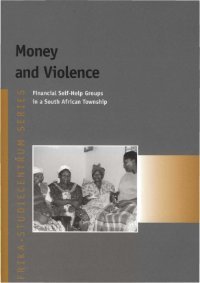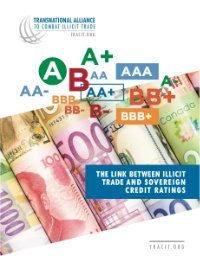By E.. Bähre.
From the eighties onward, when apartheid was crumbling, more and more Africans migrated to Cape Town, South Africa. They did not leave their homes in the Eastern Cape because they liked the city like the many tourists who, not unlike the Dutch East India Company of the colonial past, enjoy its revitalising qualities. To the Xhosa migrants Cape Town was, and still is, a hostile city. People fear murder, rape, and theft. They do not know their neighbours and friends are scarce. They have no family there, either living or dead, and racist attitudes are ever present. The Xhosa migrants have only one motivation for plunging themselves into the unknown and hostile squatter camps of Cape Town and that is money. This ethnography concerns the way in which Xhosa migrants in the townships of Cape Town collectively manage their money in financial self-help groups, also known as financial mutuals.1 The migrants organise a myriad of groups in which the participants collectively save, borrow, lend, or use their hard-earned money to form insurances. Some mutuals consisted of only a few neighbours who met each month at a member’s home, with each giving about R200 to the host member until all members had had a turn. Other mutuals were complex arrangements where members saved money together, mostly for Christmas, but also issued loans to each other. There were also many insurance arrangements involving up to a couple of hundred members that made sure that money was available to attend the funeral of a relative back home, or to prevent a burial in Cape Town itself. One could join a group voluntarily and the social constraint of fellow members would make sure that not all the money would be spent but would be used for the contribution to the financial mutual.
Leiden/Boston: Brill Academic Publisher, 2007. 205p.









